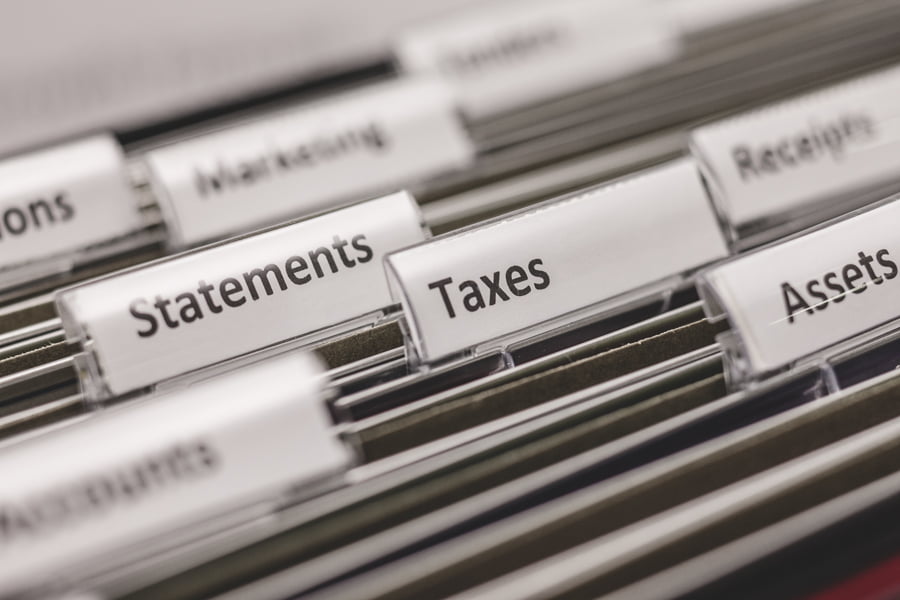Video was published on 2020-05-11 01:51:40: For this adventure activity business, embracing digital tools and…
Record keeping for small business owners

Record keeping for small business owners
Quick guide for good record keeping.
It’s never too late to start a good record keeping system for your business. It’s an important part of being a small business owner and will help you to ensure you’re meeting your tax obligations.
Benefits of record keeping
While it can be tedious, there are many benefits to keeping good records.
It can help you to:
- keep track of your business’ health, so you’re able to make sound business decisions
- prepare your tax return more easily
- manage your cash flow
- demonstrate your financial position to banks or other lenders.
The legal requirements for keeping business records
By law you must keep business records:
- for a minimum of five years or longer after the record is created, updated or the transaction is completed (whichever is most recent)
- in English or in a form the Australian Taxation Office (ATO) can understand.
Storing records electronically
You’re able to store your records electronically, but you must make sure they are:
- a true and clear copy of the original
- kept for five years
- able to be reviewed by the ATO at any time.
The records must also be on a computer or device that:
- you have access to (including all passwords)
- is backed up in case of computer failure
- allows you to control the information that is processed, entered and sent.
The tax records you have to keep
You will need to keep records to help you prepare your business activity statement (BAS), and annual income tax return. Depending on your tax obligations you may need to keep other records as well.
Here’s a list of some of the tax records that small business owners have to keep:
- income tax and GST
- sales records
- purchase/expense records
- year-end income tax records
- banking records
- payments to employees and contractors
- PAYG withholding for business payments
- fuel tax credits.
What to do:
- Visit the ATO’s website for detailed information on record keeping for small business owners.
- Use the ATO’s Record keeping evaluation tool to find more specific information about the records your business has to keep.
- Check out our information on setting up a basic bookkeeping system.
Original article appeared first at Business.gov.au >
[wpseo_map width=”100%” height=”300″ zoom=”-1″ map_style=”roadmap” scrollable=”0″ draggable=”1″ show_route=”0″ show_state=”1″ show_url=”0″] [wpseo_address hide_address=”1″ show_state=”1″ show_country=”1″ show_phone=”1″ show_phone_2=”0″ show_fax=”0″ show_email=”1″ show_url=”1″ show_logo=”0″ show_opening_hours=”1″]


